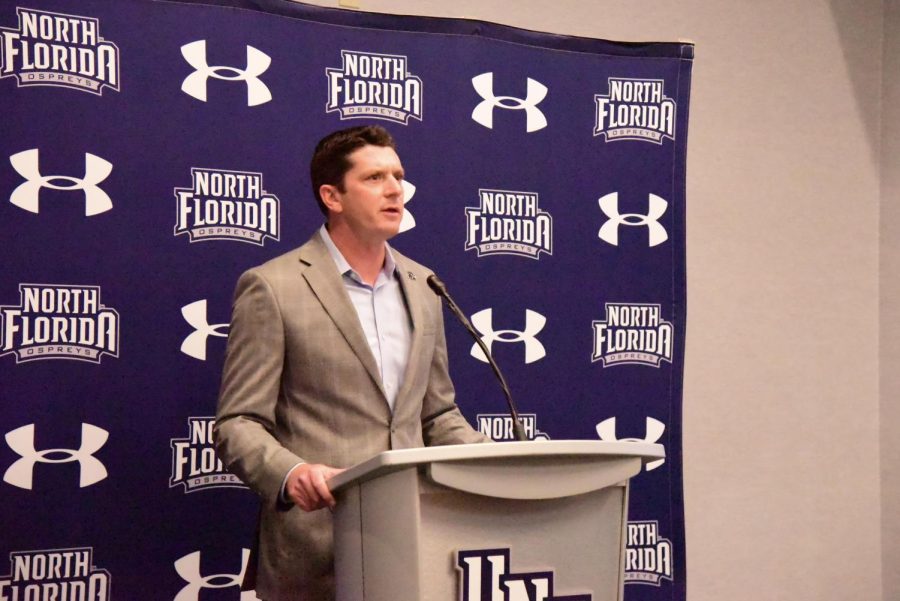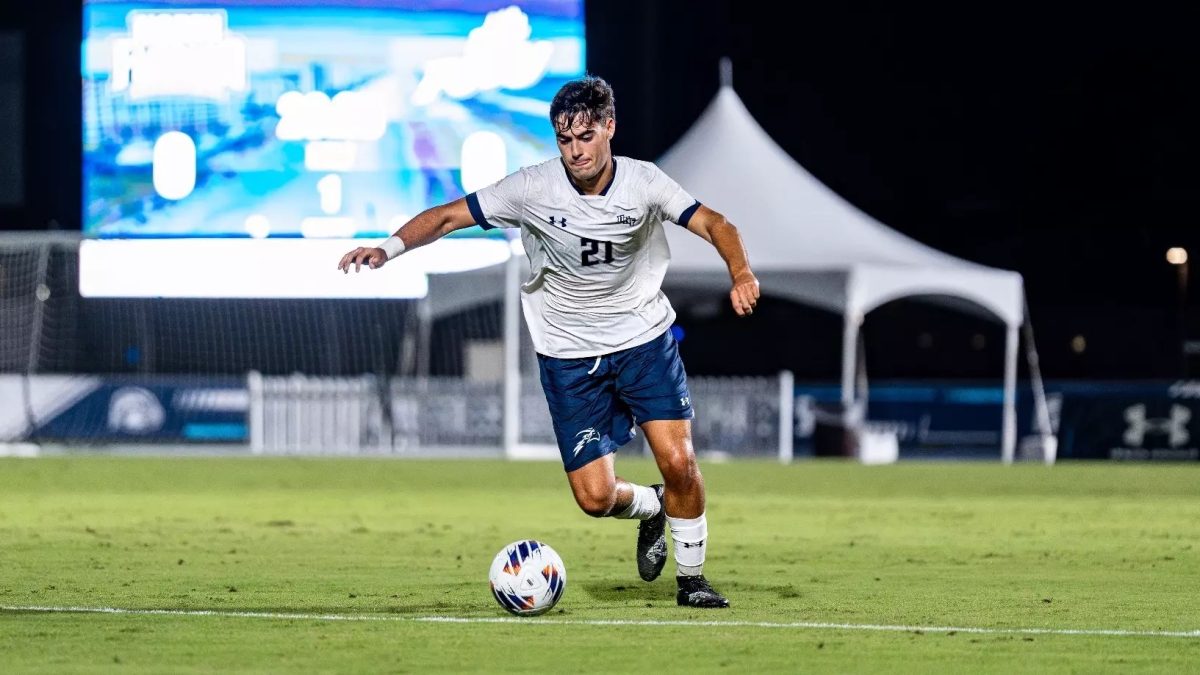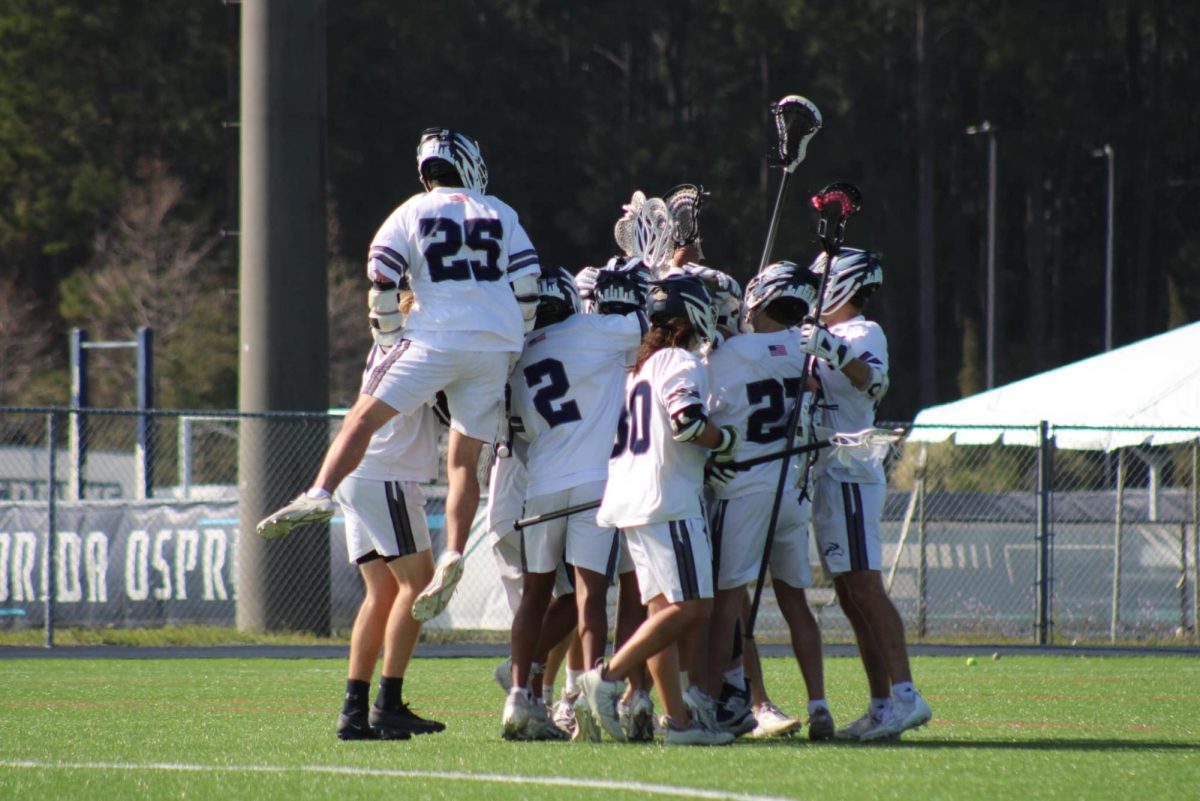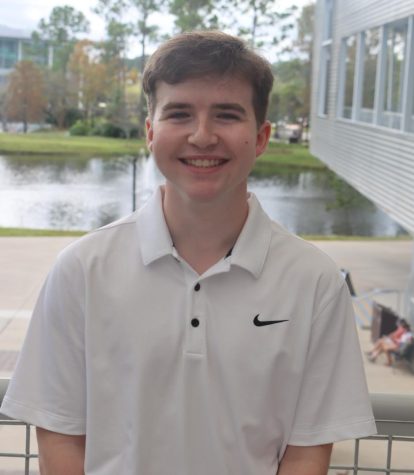Much like our own everyday lives, the outbreak of COVID-19 has had a profound effect within the college basketball landscape. With the season set to start in just three weeks, many athletic departments are still scrambling to get games scheduled.
While many conferences have released conference schedules, teams are still working to fill out their non-conference schedules, which is where the biggest problem lies. Non-conference scheduling is a work of art: a work of art that takes time. These schedules are typically put together months and sometimes years in advance to the season. However, the introduction of a global pandemic has created a logistical fiasco in this normally sophisticated process.
After releasing a tentative conference schedule in September, the Atlantic Sun Conference changed things up, opting for a new format. For men’s teams, this new format consists of back-to-back games on Thursdays and Saturdays. On the women’s side, games will take place on Fridays and Sundays. For example, UNF MBB travels to Deland to face Stetson to begin conference play. There will be two games, one being played on Thursday and the latter on Saturday. This greatly cuts down on travel, limiting the amount of trips and distance a team will have to make throughout the year.
The Ospreys may have their ASUN slate set, but much of the non-conference portion is up in the air. The UNF athletic department is yet to announce a single out-of-conference game, but fans did learn of one key MBB matchup when the Florida Gators released their non-conference schedule, showing a date with the Ospreys on December 16.
Many programs have resorted to multi-team events, where a university hosts the event and a few other universities come to play each other. In fact, UNF men’s basketball is slated to participate in one of these events hosted by NC State in Raleigh (via CBS Sports reporter Jon Rothstein). This event also includes Elon and Eastern Kentucky, and will take place from November 25 to November 27. Other multi-team events are taking place at a neutral site, such as the Crossover Classic in South Dakota. While these events do provide teams with some games, the athletic departments still have plenty of slots to fill- and they’re running out of time.
Another proposed solution is that of the bubble environment, where teams come to one location to stay and isolate, while facing each other. This concept was put to use in the NHL and NBA playoffs, and it was wildly successful. Throughout the multi-month process, the NBA recorded zero positive tests. The success of this venture has led some collegiate conferences, like the West Coast Conference, to consider this as an option for conference play. With many schools doing online courses, athletes could still be able to succeed academically and participate in a bubble environment. However, this would be difficult to pull off, and most likely won’t be done by many Division I conferences.
As the season draws nearer by the day, things continually get more tense. Will teams be able to schedule a full non-conference schedule? How many games will fall victim to virus outbreaks among teams? At the end, it’s going to be a process. And like any process, things likely won’t go 100% smoothly. However, athletic departments are working together to create as full of a slate as possible. Within the coming weeks, fans will likely see the announcement of more opponents, including the Ospreys. Whenever this information becomes available, Spinnaker Sports will be here to inform you, the fan.
__
For more information or news tips, or if you see an error in this story or have any compliments or concerns, contact editor@unfspinnaker.com.












